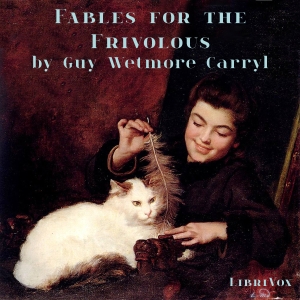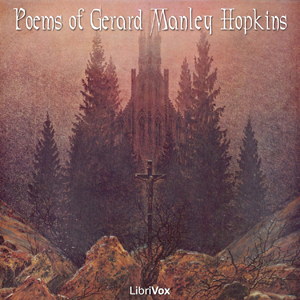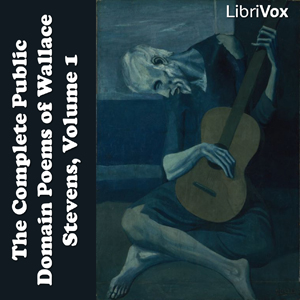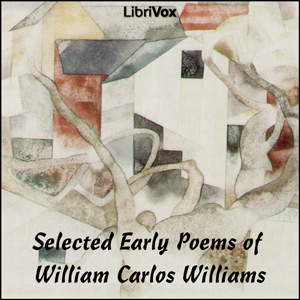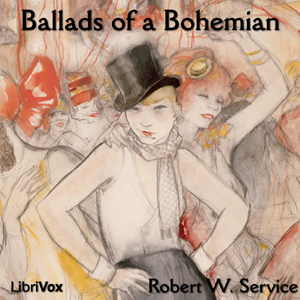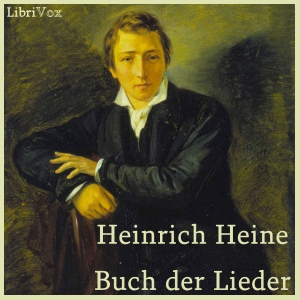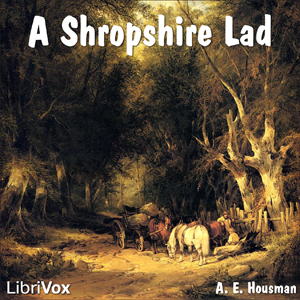- Introduction
- Verses 1 to 53
- Verses 54 to the end
Sappho lived six centuries before Christ, at a period when lyric poetry was peculiarly esteemed and cultivated at the centres of Greek life. The metropolis of this lyric realm was Mitylene of Lesbos, where, amid the myrtle groves and temples, Beauty and Love in their young warmth could fuse the most rigid forms to fluency. Here Sappho was the acknowledged queen of song.
Sappho's poetry was venerated for a thousand years, but almost all has been lost to us; only two small odes and a few scintillating fragments surviving.
Mr. Carman seems to have imagined each lost lyric as discovered, then to translate it.
In the opinion of the reader of these poems, they approach "real poetry", which according to Robert Graves (in "The White Goddess"), constricts the throat and makes a shiver run down the spine. - Summary by From Preface, and from Peter Yearsley
Sappho's poetry was venerated for a thousand years, but almost all has been lost to us; only two small odes and a few scintillating fragments surviving.
Mr. Carman seems to have imagined each lost lyric as discovered, then to translate it.
In the opinion of the reader of these poems, they approach "real poetry", which according to Robert Graves (in "The White Goddess"), constricts the throat and makes a shiver run down the spine. - Summary by From Preface, and from Peter Yearsley
There are no reviews for this eBook.
There are no comments for this eBook.
You must log in to post a comment.
Log in


